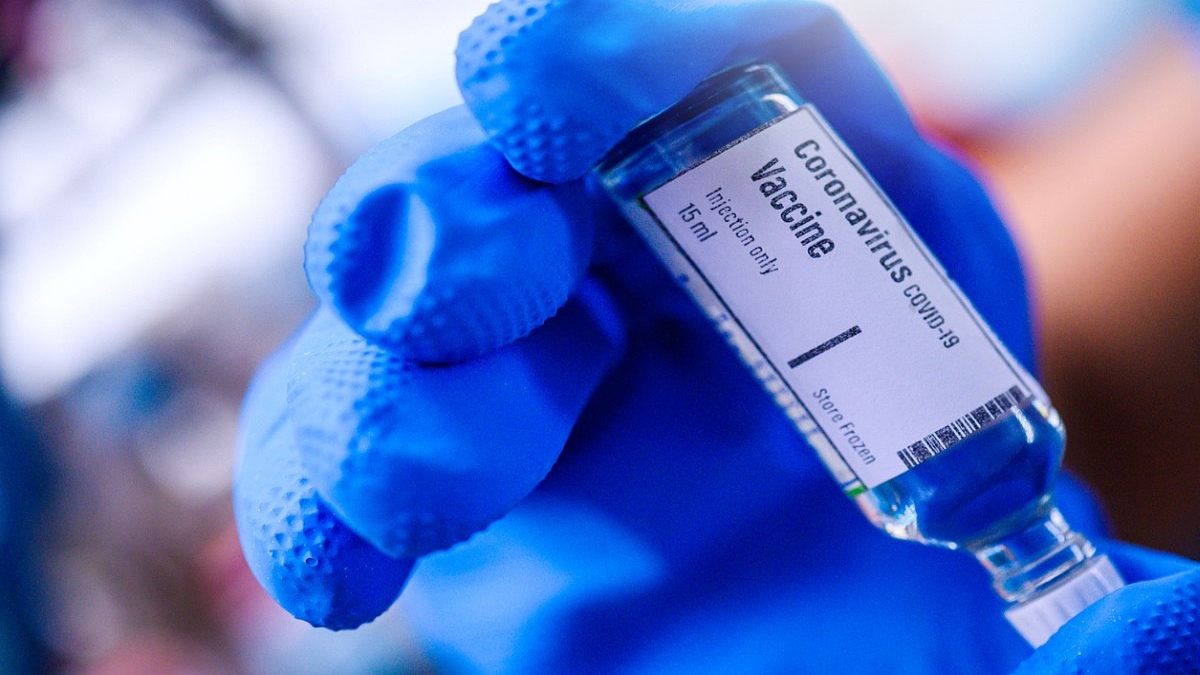
A new laboratory study from Oregon Health and Science University suggests that older people appear to have fewer antibodies against the novel coronavirus.The study was published in the Journal of the American Medical Association. Antibodies are blood proteins that are made by the immune system to protect against infection. They are known to be key players in protection against SARS-CoV-2 infection. “Our older populations are potentially more susceptible to the variants even if they are vaccinated,” said senior author Fikadu Tafesse, Ph.D., assistant professor of molecular microbiology and immunology in the OHSU School of Medicine.
Tafesse and colleagues emphasized that even though they measured diminished antibody response in older people, the vaccine still appeared to be effective enough to prevent infection and severe illness in most people of all ages.“The good news is that our vaccines are really strong,” Tafesse said.However, with vaccine uptake slowing in Oregon and across the United States, researchers say their findings underscore the importance of promoting vaccinations in local communities.
Vaccinations reduce the spread of the virus and new and potentially more transmissible variants, especially for older people who appear to be more susceptible to breakthrough infections. “The more people get vaccinated, the less the virus circulates,” Tafesse said. “Older people aren’t entirely safe just because they’re vaccinated; the people around them really need to be vaccinated as well. At the end of the day, this study really means that everybody needs to be vaccinated to protect the community.”
Researchers measured the immune response in the blood of 50 people two weeks after their second dose of the Pfizer vaccine against COVID-19. They grouped participants into age groups and then exposed their blood serum in test tubes to the original “wild-type” SARS-CoV-2 virus and the P.1 variant (also known as gamma) that originated in Brazil.
The youngest group – all in their 20s – had a nearly seven-fold increase in antibody response compared with the oldest group of people between 70 and 82 years of age. In fact, the laboratory results reflected a clear linear progression from youngest to oldest: The younger a participant, the more robust the antibody response.
“Older people might be more susceptible to variants than younger individuals,” Tafesse said.















